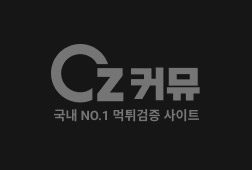N
뉴스
더보기





제휴문의 텔레그램 @dognus11

[스포츠뉴스]Marathoner Son Kee-chung's legacy continues as his son seeks to restore his father's nationality
 온카뱅크관리자
온카뱅크관리자
 온카뱅크관리자
온카뱅크관리자
조회:
11
2025-08-15 07:01:00
댓글 총 0개
맨위로
 이번주 포인트랭킹
이번주 포인트랭킹
매주 일요일 밤 0시에 랭킹을 초기화합니다.

- 14,000상품권
- 23,000상품권
- 32,000상품권
업체홍보/구인
더보기
놀이터홍보
더보기
지식/노하우
더보기
판매의뢰
더보기
-
[제작판매]html5웹미니게임제작 해시게임제작 카드포커게임제작 스포츠토토 카지노 슬롯 에볼루션 토지노 솔루션분양임대재작
-
[제작판매]html5웹미니게임제작 해시게임제작 카드포커게임제작 스포츠토토 카지노 슬롯 에볼루션 토지노 솔루션분양임대재작
-
[제작판매]html5웹미니게임제작 해시게임제작 카드포커게임제작 스포츠토토 카지노 슬롯 에볼루션 토지노 솔루션분양임대재작
-
[제작판매]html5웹미니게임제작 해시게임제작 카드포커게임제작 스포츠토토 카지노 슬롯 에볼루션 토지노 솔루션분양임대재작
-
[제작판매]html5웹미니게임제작 해시게임제작 카드포커게임제작 스포츠토토 카지노 슬롯 에볼루션 토지노 솔루션분양임대재작
포토
더보기

 글쓰기
글쓰기




